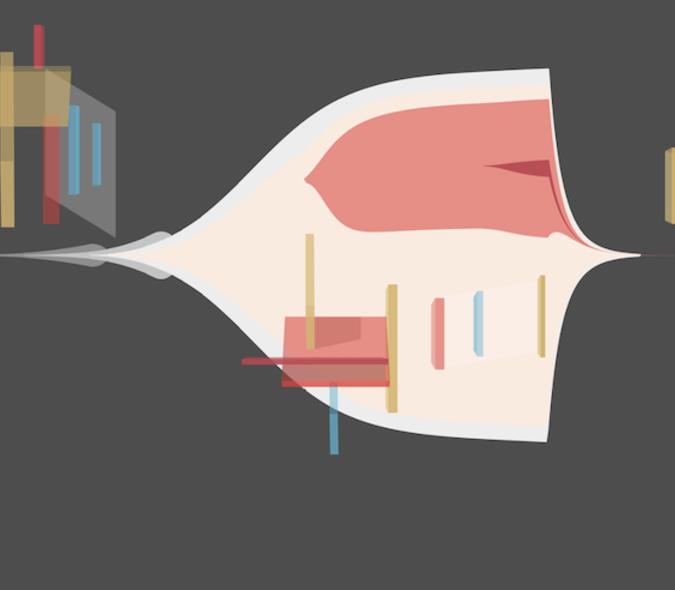
Cohn is Named AABB Chief Medical Officer
Claudia Cohn, LMP associate professor, was named AABB first Chief Medical Officer last month. Formerly known as the American Association of Blood Banks, AABB is the leading organization representing the transfusion medicine and cellular therapy communities.
AABB’s Chief Medical Office (CMO) brings together its community around issues of importance and advances changes needed to drive development of policies, recommendations and strategies that will help achieve AABB's mission. The CMO provides clinical expertise and thought leadership for AABB’s CEO and other staff on key topics, helps to communicate AABB's position externally and promotes AABB's voice as an industry thought leader.
“My appointment to AABB’s CMO position is an incredible honor,” Cohn said. “I am thrilled to take on this work.” Cohn’s contract is renewed annually but she expects to serve for about five years. “I think the AABB will benefit from the continuity of a multi-year term but it will also benefit from a change and fresh blood,” she said.
Cohn noted that as a new position some of the job of the AABB CMO will be shaped by ongoing issues. “I think I will wear many hats,” Cohn said. “I’ll work with the various AABB committees to help usher through projects. I’ll advise the staff on medical and scientific matters and I’ll represent the AABB with the FDA (U.S. Food & Drug Administration). I’ll also work closely with AABB CEO Debra BenAvram to keep her apprised of current work and potentially new challenges.”
Safety is always a critical challenge within the blood/transfusion community. “Blood product safety is always a top priority, so monitoring for emerging infectious diseases is important,” Cohn said. Blood and blood product shortage is also a critical challenge. “Shortages of blood components, especially platelets, are occurring more frequently.” The CMS (U.S. Centers for Medicare & Medicaid Services) reimbursement rate for blood is creating a highly competitive marketplace that could threaten the blood supply if blood collection centers have to close, she said.
In representing the rapidly emerging cellular therapy community, AABB guides the translation and regulation of these new therapies, “which constitute an exciting area of growth in the blood industry,” Cohn said. AABB’s Center for Cellular Therapies is dedicated to cellular therapy professionals and institutions, fostering patient safety, responsible innovation, and professional development in cellular therapies and regenerative medicine.



